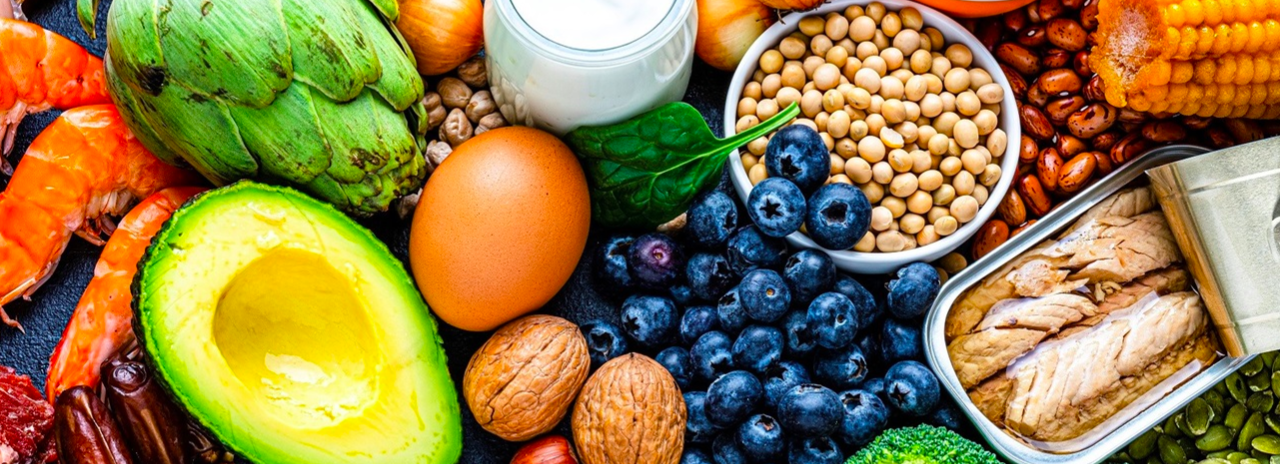Cardio vasculr disease (CVD) is a global epidemic, claiming nearly 18 million lives in 2019 alone. Imagine if we could drastically reduce this risk by simply changing our diet. A groundbreaking study from McMaster University and the Hamilton Health Sciences’ Population Health Research Institute (PHRI) suggests this hopeful possibility.
Healthy Choices at Your Grocery Store
Incorporating six key food items into our diets can greatly reduce our chances of developing cardiovascular diseases. The study highlights:
- Fruits
- Vegetables
- Legumes
- Nuts
- Fish
- Whole-fat dairy products
Regular consumption of these foods could be the secret to combating heart diseases and strokes, responsible for a staggering 85 percent of CVD-related deaths.
Diet and Heart Disease Risk
While similar research has been conducted in the past, most studies focused on Western diets. This study, however, takes a global approach by analyzing diet data from 245,000 individuals across 80 countries.
Salim Yusuf, the senior author and principal investigator, explains, “The PURE Healthy Diet Score included a good representation of high, middle, and low-income countries.” Andrew Mente, PHRI scientist and assistant professor at McMaster’s Department of Health Research Methods, Evidence, and Impact, adds that the PURE Healthy Diet Score uniquely emphasizes the power of protective foods and moderation, unlike previous diet scores which often mixed harmful processed foods with nutrient-rich ones.
Taking the Healthy-Heart Road
The PURE Healthy Diet Score recommends:
- Two to three servings of fruits and vegetables daily
- One serving of nuts
- Two servings of dairy
- Legumes three to four times a week
- Fish two to three times a week
For those who can’t imagine life without grains or meat, unrefined whole grains and unprocessed meats in moderation are suggested as substitutes.
This study is a beacon of hope in the fight against CVD, showcasing the researchers’ dedication over a significant 25-year period, without specific funding, highlighting the value placed on global heart health.
Preventing Health Issues Instead of Treating Them
The study underscores the potential to combat CVD, one of the world’s deadliest health issues, through simple dietary adjustments. It paints a hopeful picture of a future where health isn’t determined by geographical or economic boundaries but by universal access to knowledge about key foods.
Adding the Six-Food Formula to Your Diet
Making the switch to a heart-healthy diet is easier than it sounds. Here are some simple ways to incorporate these six food groups into your daily routine:
- Start your day with a piece of fruit: An apple, banana, or a handful of berries can make a big difference.
- Fill half your plate with vegetables at each meal: Choose a variety of colors to get a range of vitamins and minerals. Try adding more salads or experimenting with new vegetable recipes.
- Add beans, lentils, and chickpeas: These are tasty, versatile, and can be included in soups, stews, salads, or as a protein-rich base for vegetarian dishes.
- Keep a small container of unsalted nuts for a quick, healthy snack: A daily handful can boost your heart health.
- Eat fish two to three times a week: Enjoy a simple grilled fish or try a new seafood recipe. The omega-3 fatty acids in fish are great for your heart.
- Choose yogurt, cheese, and milk with natural fats: These foods are satisfying and rich in essential nutrients, unlike their low-fat versions which often have added sugars.
Diet, Heart Disease, and the Future
The study from McMaster University and PHRI highlights the importance of diet in preventing heart disease. While striving for a heart-healthy life might seem challenging, small, consistent changes can make a significant difference.
Beyond diet, regular exercise, stress management, and adequate sleep also play vital roles in boosting heart health. Find activities you enjoy, like walking, yoga, or cycling, and aim to create a daily routine that supports your well-being.
When grocery shopping, remember: it’s not just about filling your stomach — it’s about protecting your heart. Are you ready for a healthier you? Start today!
The full study was published in the European Heart Journal.












